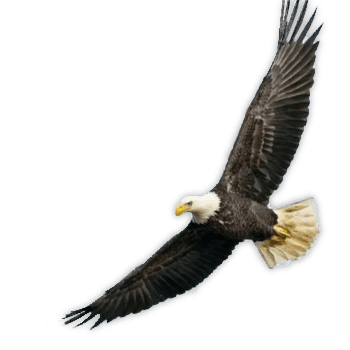Some Thoughts On ‘Doing’ Poetry for The First Time
By John Munson, Swanland U3A Creative Writing Group (personal capacity)with contributions from Christine Williams, Sue Robertson and Diane Wells.
As a young English teacher in a tough Hull school I volunteered to organise the English Club and Magazine. One 14-year-old pupil brought me her poetry notebooks with the invitation to publish anything that I thought others would like. The poems were about her life on a housing estate and it was obvious that she had expended much enthusiasm, thought and time in their execution. I loved their authenticity and how in every line the voice of a young person using poetry to make sense of their world emerged clear and strong.
However, the verdict of the Head of Department was that they were not worth publishing as they were ‘doggerel’, lacking in technique. In good school masterly fashion, he then proceeded to list the missing techniques and I learned a sharp lesson on the limits of editorial autonomy given to young teachers!
I now lead the U3A equivalent of the English Club – the Swanland U3A Creative Writing Group. My members may be slightly older than 14 but like that school student they all have something to say through writing that is decidedly authentic. We have been together for three years – a few months ago we decided that it was high time we ‘did’ poetry – it couldn’t be forever postponed. Following on from previous requests on the U3A Writing Website, I thought it might be interesting for other groups to discover some of the questions that we were faced with as well as the strategies and writing ideas that we used to begin our journey.
Following from my experience as a young teacher (and as a fairly avid reader) the importance of technique has always been a big question for me. What is most important to the amateur writer ‘doing’ poetry: mastering technique or just creating something that is pleasing to you (and hopefully others)? Is perfectingform and technique something that we must all aspire to or is the creative actitself of prime importance?
After all being creative brings with it many psychological and social benefits as well as the creation of something unique regardless of the level of technique used – as Christine from our group noted “human beings are essentially creative…they have a need to express themselves and communicate via the Arts to maintain a healthy outlook.”
I have long felt than an over emphasis on technique can be seen as academic, over – analytical and restrictive leading to amateur writers thinking that poetry is not for them. As Roger McGough said: “Most people ignore poetry // as poetryignores most people.” Sue, another of my members, initially felt that writing poetry inevitably led to some comparison to the greats such as Keats and Miltonwhich was simply “a conceit.”
Or is the whole question a false dichotomy, as you need technique to create?And there is nothing better than challenging yourself to improve a skill so that your brilliant ideas really shine!
Of course there is an obvious answer to the technique v ‘creativity above all else’ question and that is finding a balance between the two extremes – a balance that suits the demands of your group, your subject and above all that suits you. In this spirit I would like to outline how our writing group has approached poetry writing.
When we began poetry in November we all, like many of my former pupilsfaced with reading and / or writing poetry, expressed concerns clustered around whether our efforts would be good enough; is poetry simply too personal to read before friends and family; would our choice of subject matter interest an audience and could we master at least some of that dreaded word – technique. It is right that the U3A is seen as a learning organisation and learning means stepping out of our comfort zone to try something new. I possess a large mental block when it comes to rhyming so I knew that writing poetry would force me out of mine!
Confidence is essential in any activity and I used the following strategies to build ours.
It is important to have an overarching group ethos that welcomes challenge but is also supportive of everybody. To us, that means constructive feedback onspecific targets in writing assignments as well as recognising that everyone has something valid to say and express through their writing.
We began by considering what poetry actually meant to us.
In my heart of hearts, I have a ‘creativity above all else’ philosophy; Christine felt strongly about the oral tradition in poetry: “I believe poetry should be spoken because it is only then that subtleties and the meaning, feeling can be communicated. The reader and the listener are likely even then to interpret in different ways according to their own personal experience.”
Sue always enjoys reading her work aloud; the group certainly enjoys listening to her! At first she was reluctant to begin poetry but then realised: “…all my scribblings are to be listened to rather than read so I suppose poetry is my preferred medium.”
Diane wondered if it would be too difficult but wanted to learn more about the mechanics of writing poetry and, like many U3A members in other groups, to meet a challenge – in this case improving her poetic skills.
We had already covered accents and dialect which together with visits to public readings by Carol Anne Duffy and Simon Armitage had made the group moreaware of how a writer’s unique insight into their text makes it more powerful when read aloud, something of importance to poetry. If there are no public readings near you then try ‘You Tube’ – whatever, do try to listen to Simon Armitage read his First World War poetry – hearing how he uses assonance, onomatopoeia and alliteration are far better than reading about them in a ‘Techniques’ List.
